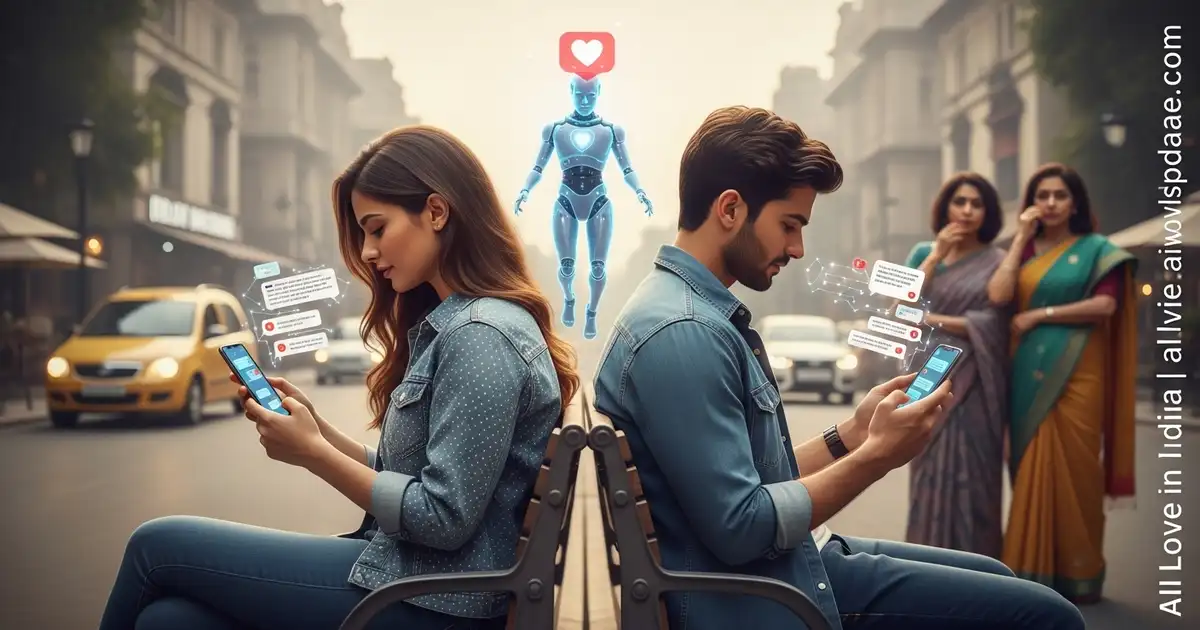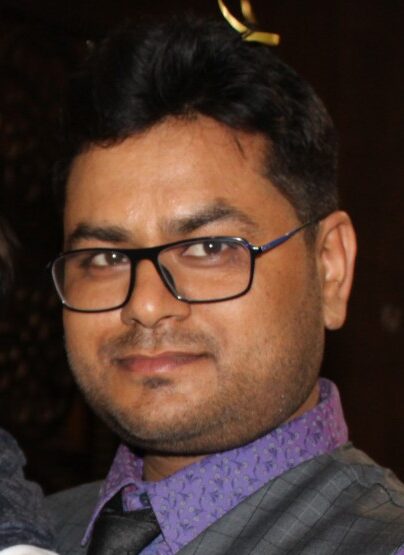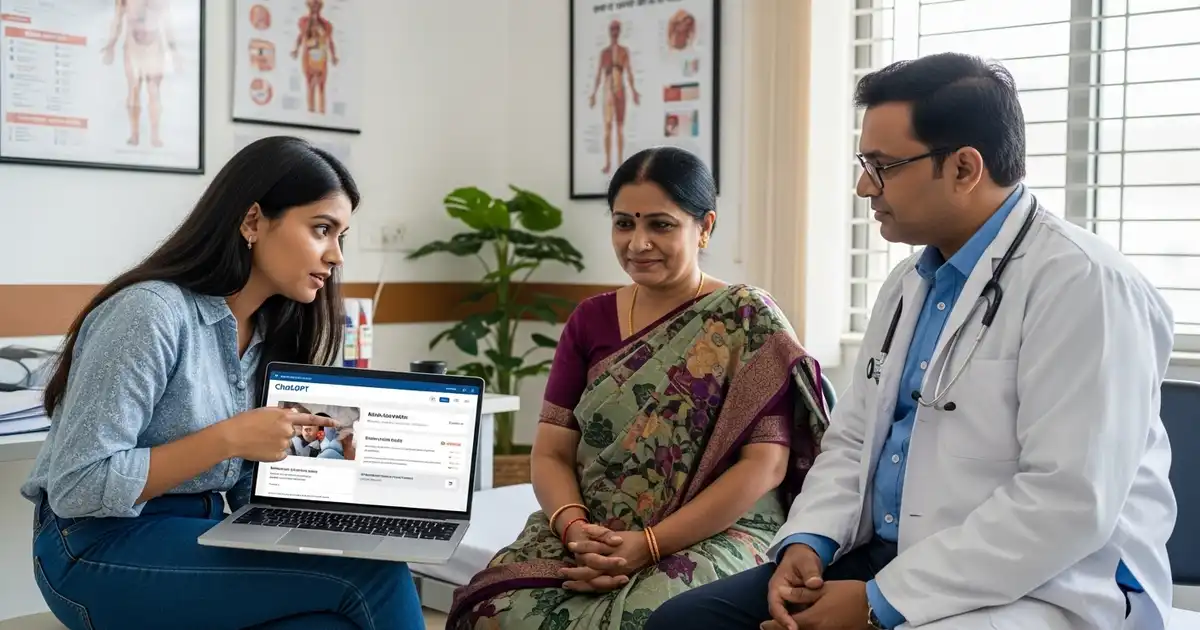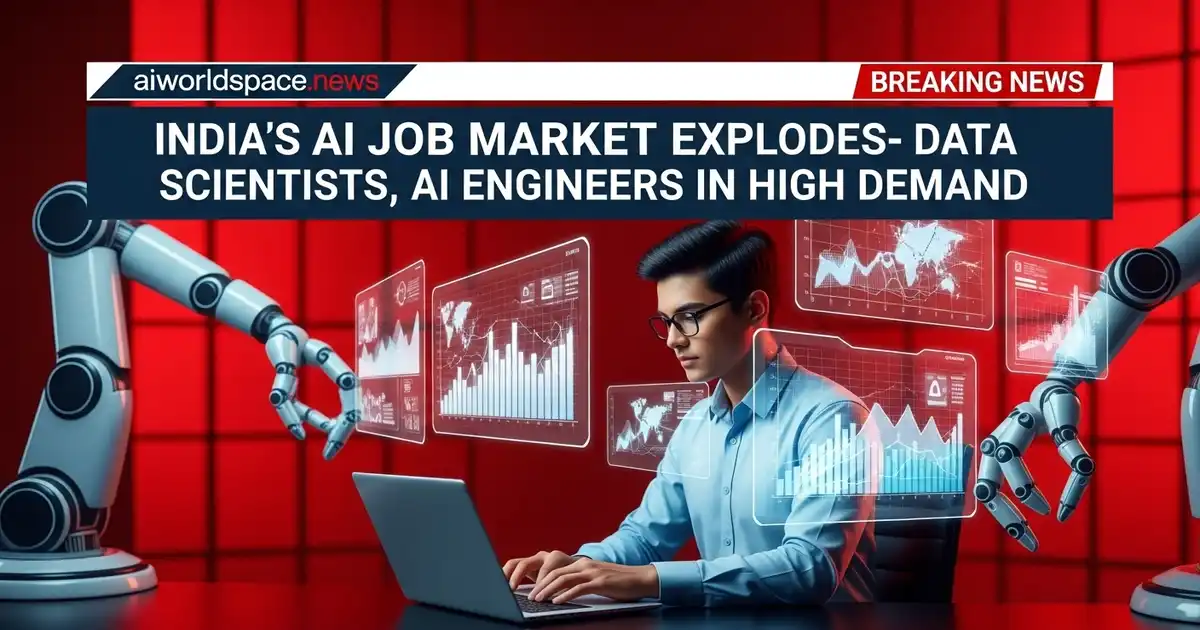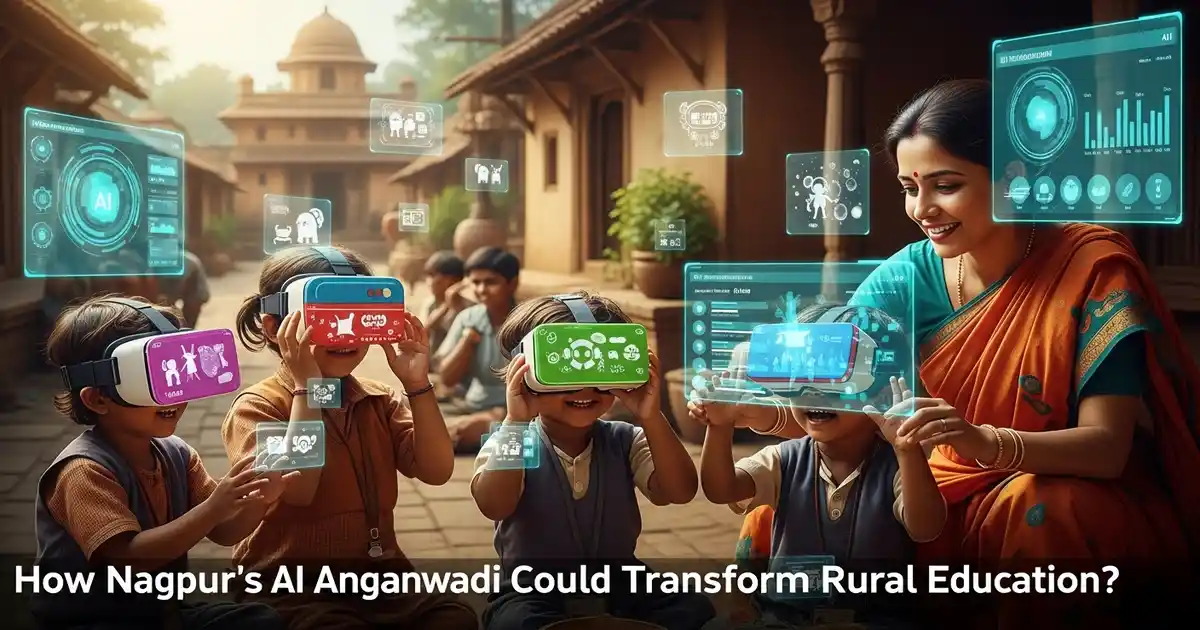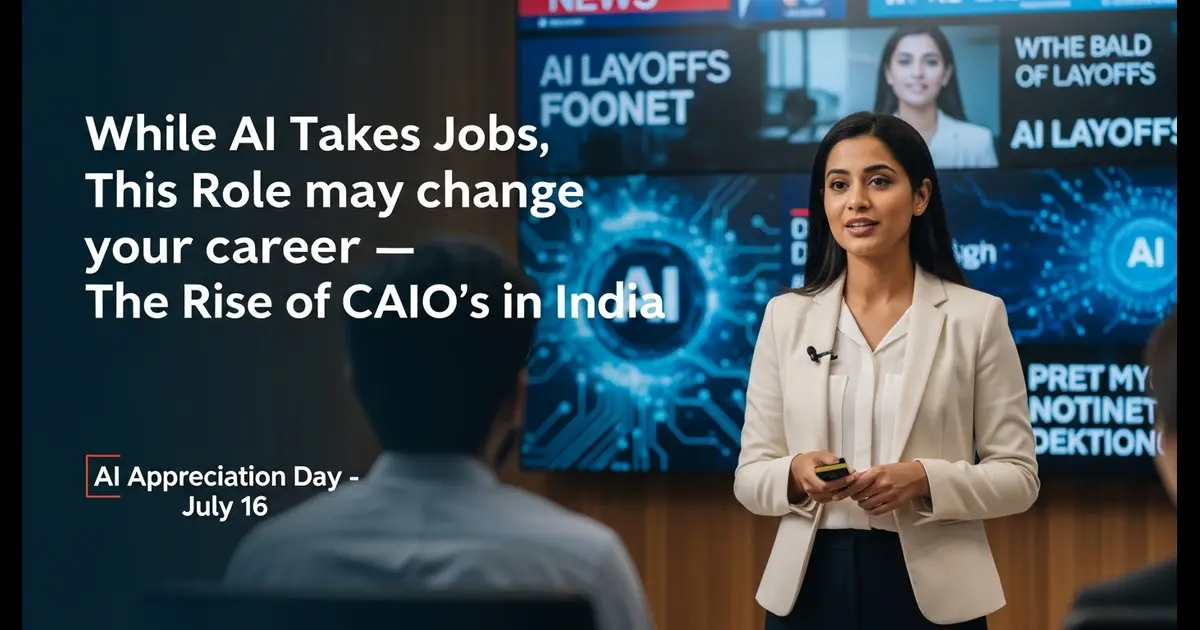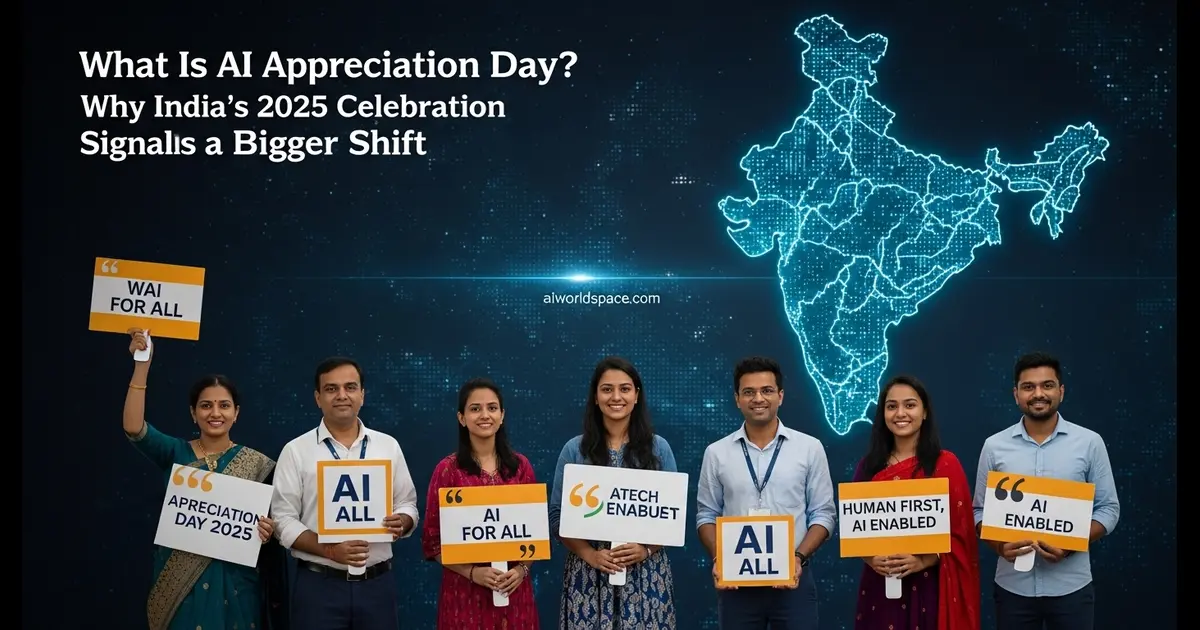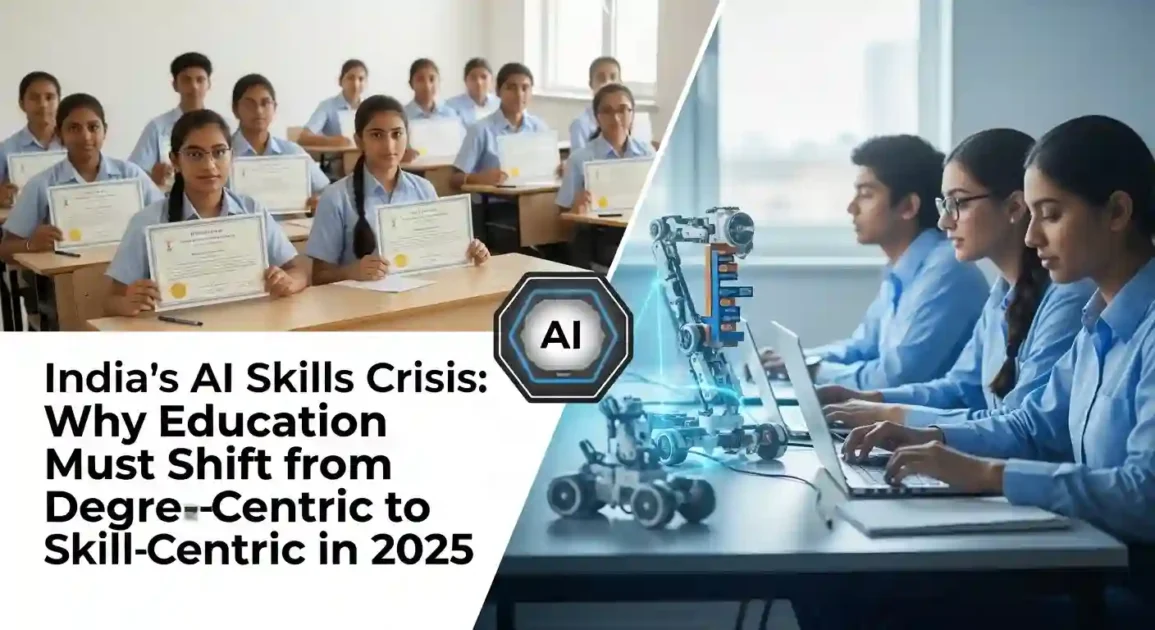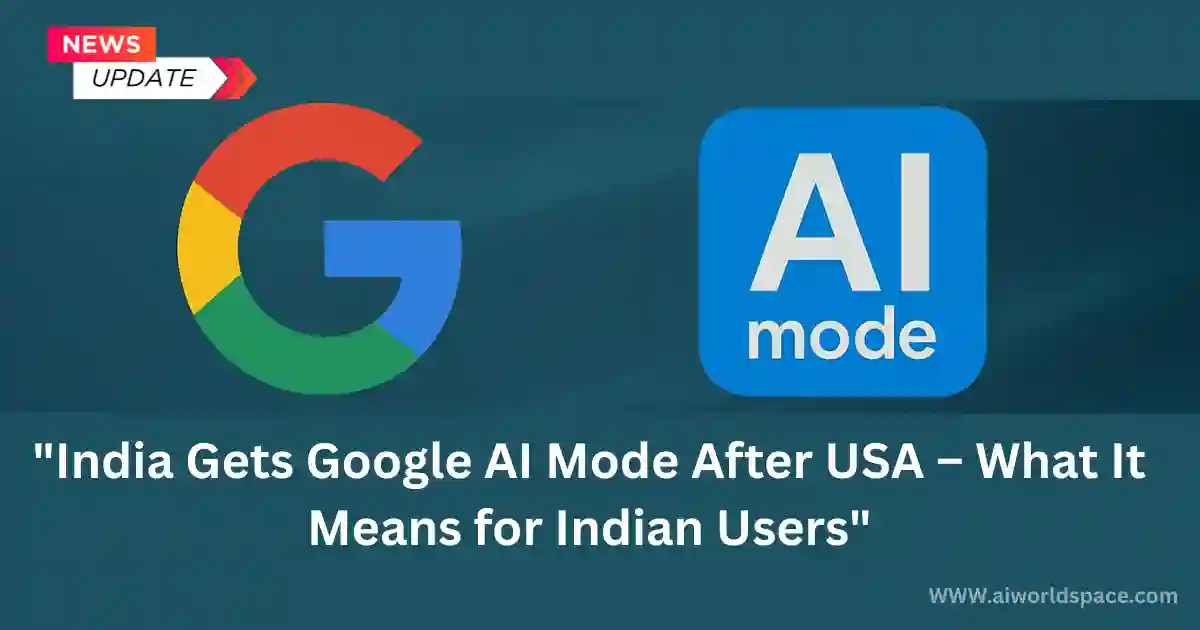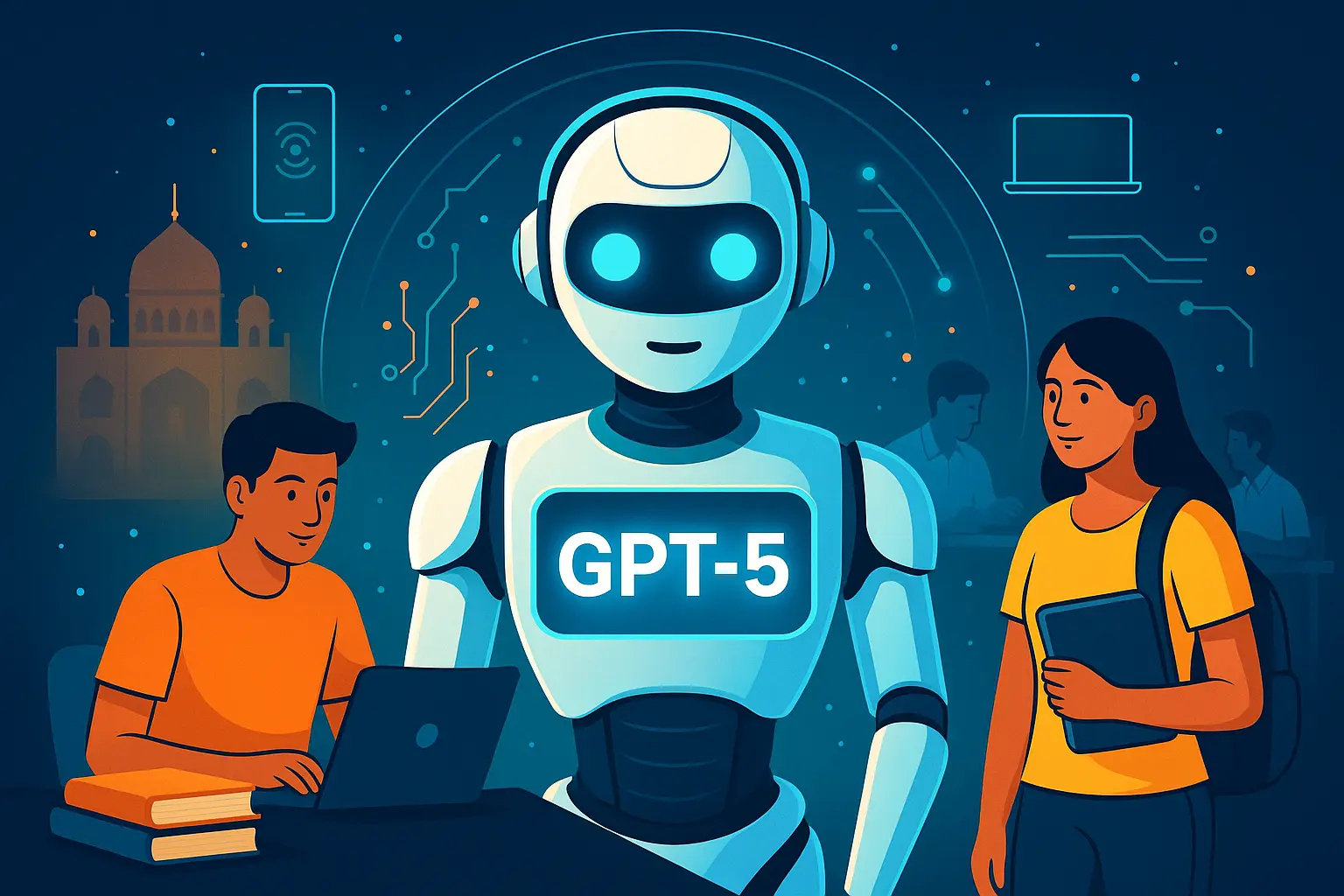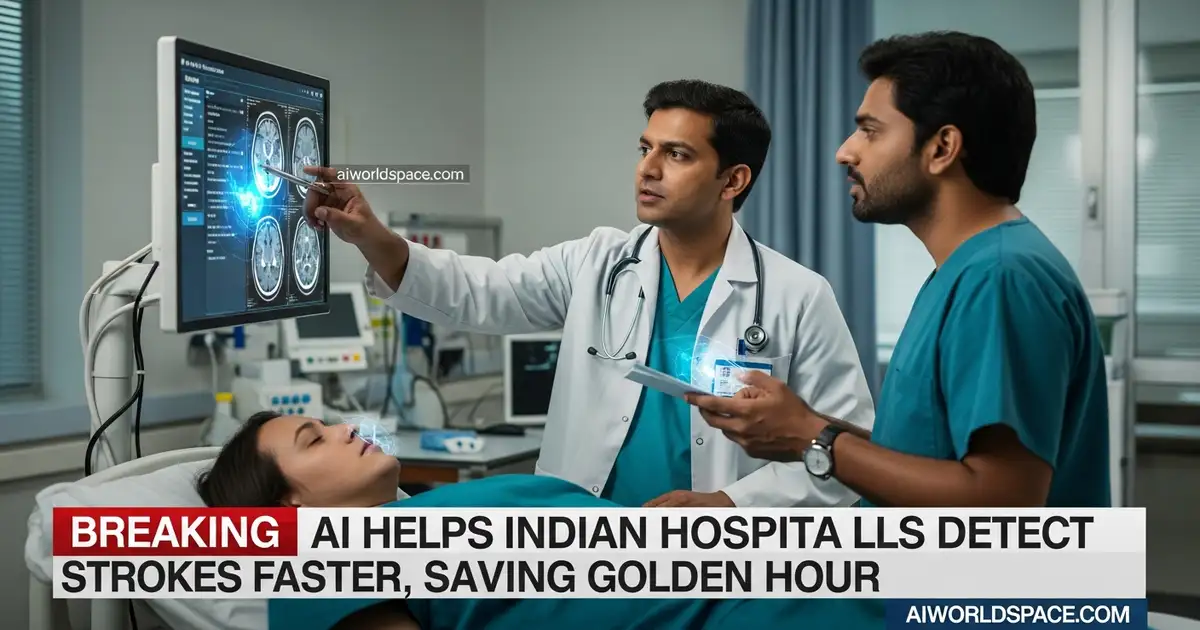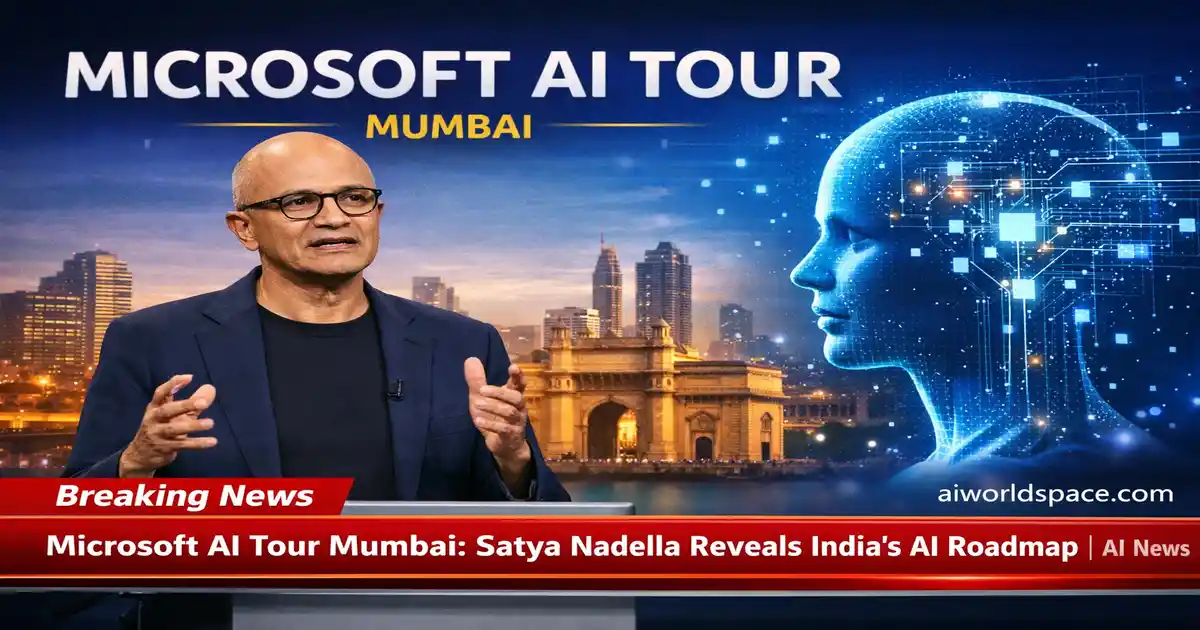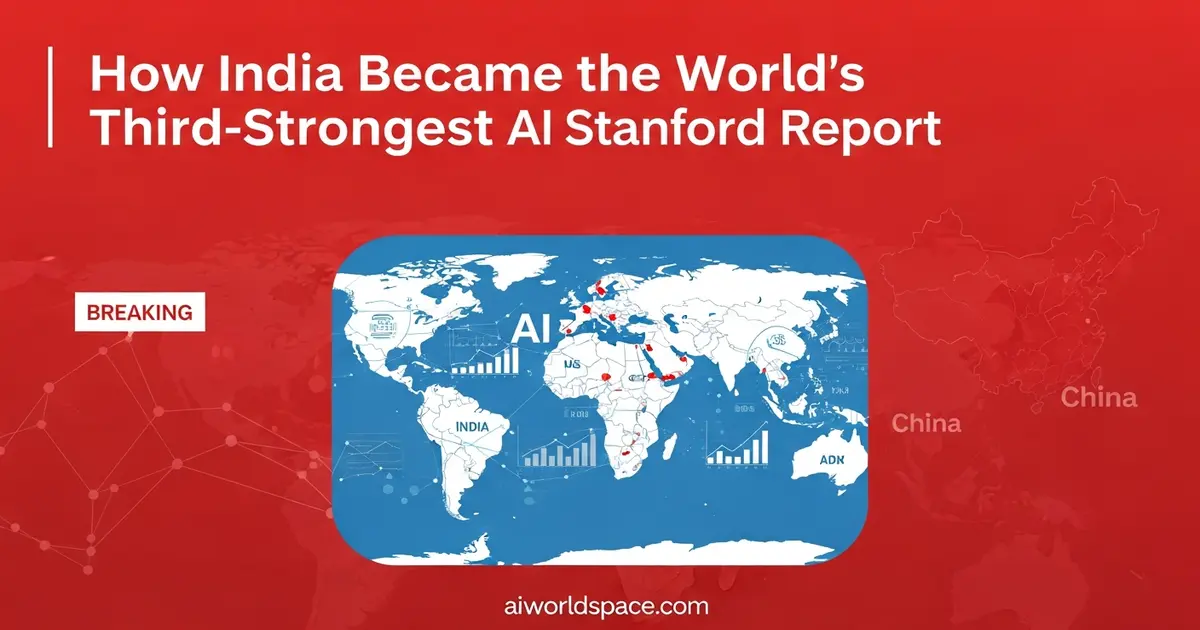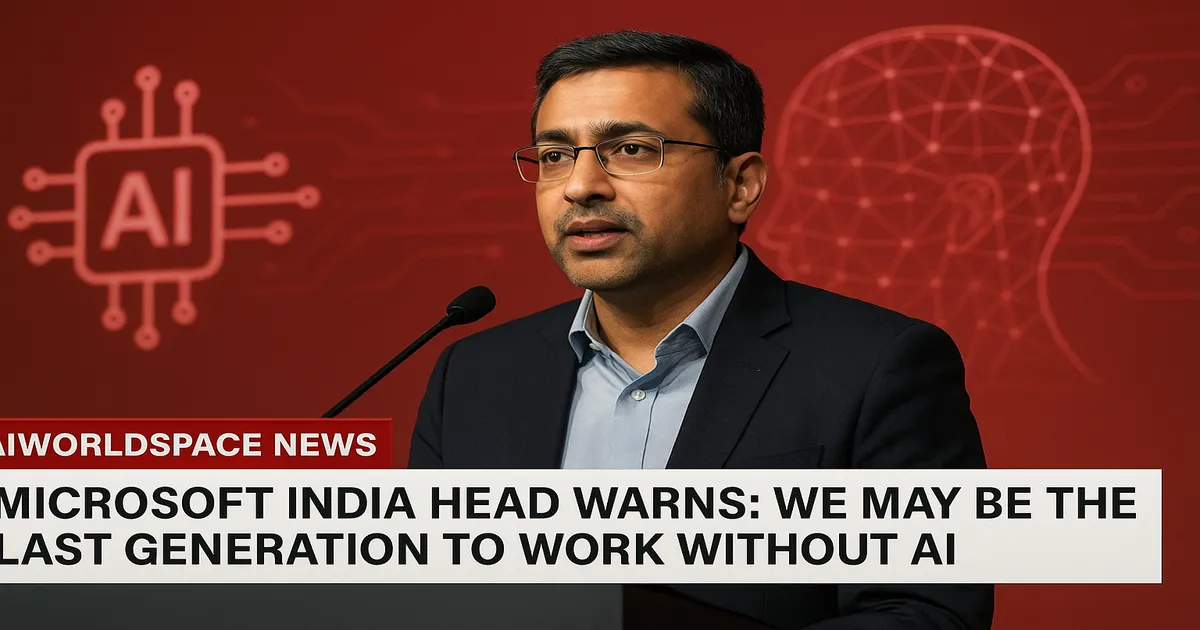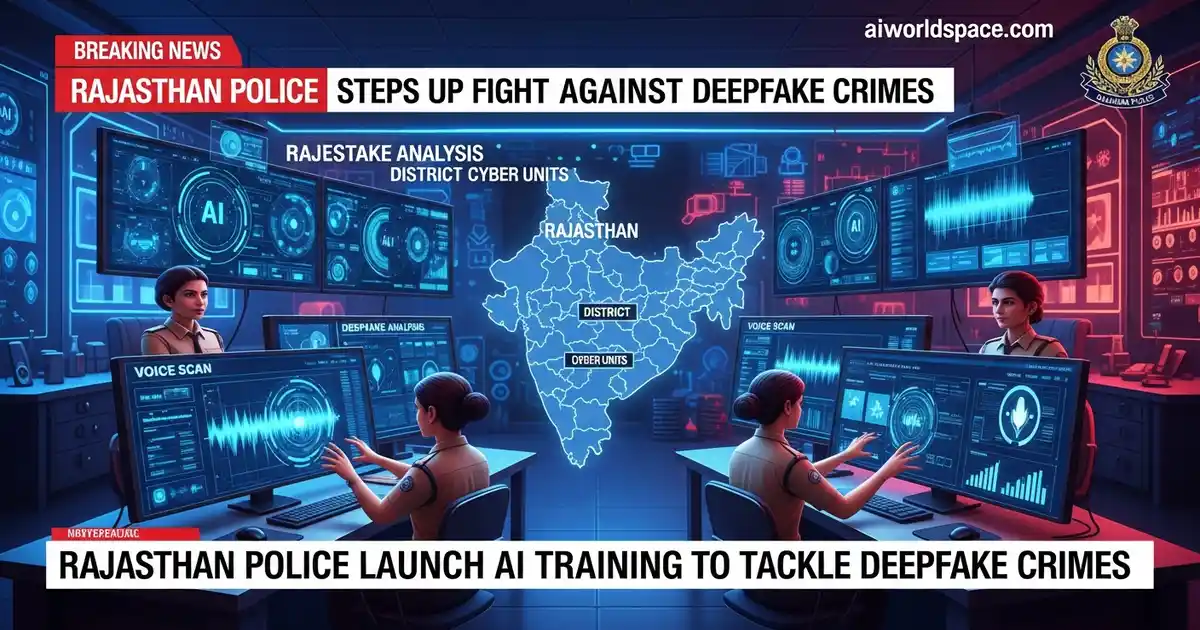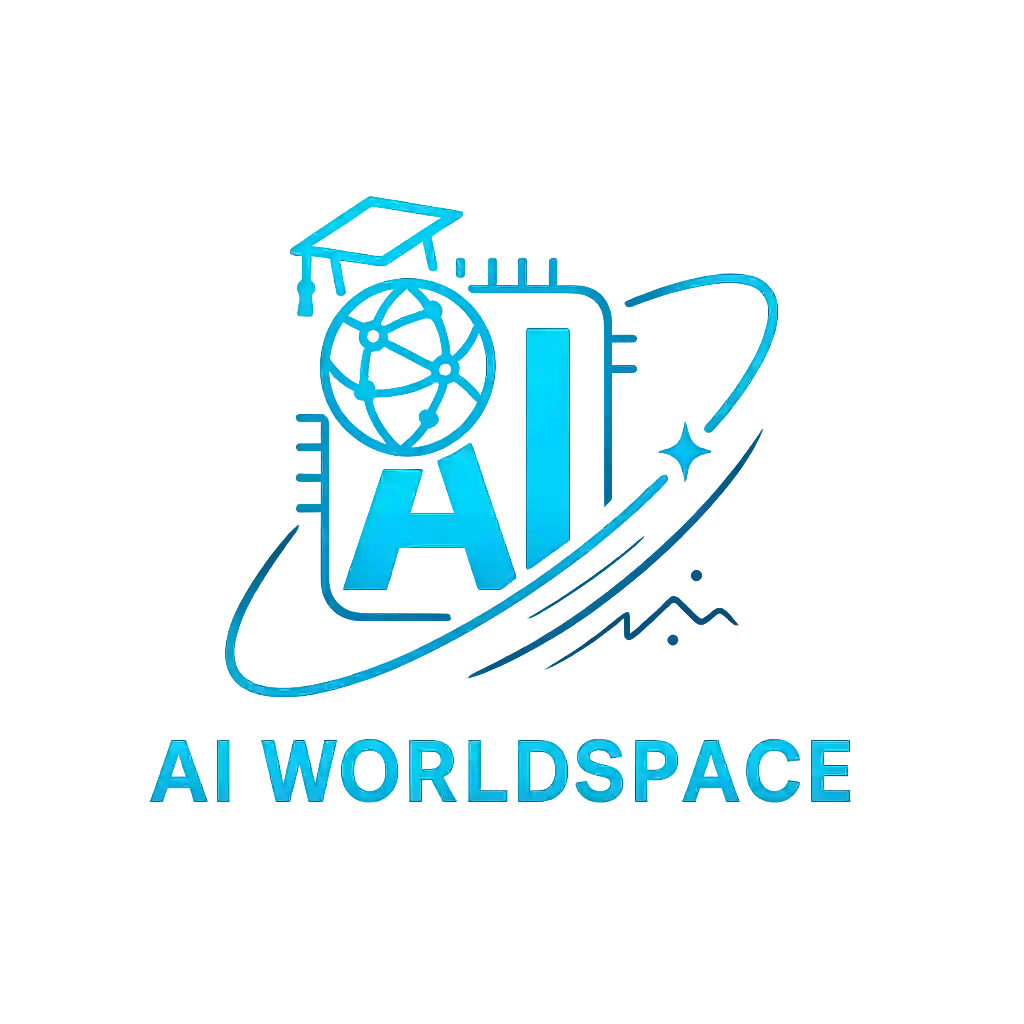Bengaluru, India | Date: July 29*, 2025 | Read Time: 4 minutes
Imagine this: your mother has been coughing for over a year, her condition worsening to the point of internal bleeding. Top doctors, hospitals, even alternative therapies—nothing works. And then, just when hope runs out, a chatbot changes everything.
A Daughter’s Last Hope Turned Into a Miracle
That’s exactly what happened to Shreya, a Bengaluru resident whose story is now making waves across India. On July 23, she posted on social media how her mother’s life took a dramatic turn—thanks to ChatGPT
Eighteen Months of Unanswered Questions
For nearly 18 months, Shreya’s family tried everything. Renowned specialists, expensive scans, allopathy, Ayurveda, homeopathy—you name it. Each visit ended the same way: more tests, no answers. Doctors finally warned that without a breakthrough in the next six months, survival chances would be slim.
With no options left, Shreya typed her mother’s symptoms into ChatGPT.
What came back was not just another generic reply. The AI flagged a potential side effect from her mother’s blood pressure medication and even asked: “Is she taking a BP drug with this ingredient?”
Shreya checked. The answer was yes.
When AI’s Guess Changed the Game
Armed with this clue, Shreya rushed to their doctor. A prescription change later, the results were almost immediate. The relentless cough eased, the bleeding stopped, and recovery finally began.
Medical experts from AIIMS Delhi explained,
“AI isn’t replacing doctors. But in cases where time and information are critical, tools like ChatGPT can provide directions we might not immediately consider.”
Why This Story Matters for India
India’s healthcare system faces a massive challenge: one doctor for every 1,511 people, according to the WHO’s 2024 data. That gap leaves millions waiting for proper diagnosis. AI tools, when used responsibly, could fill crucial gaps in early detection and patient support.
In fact, earlier this year, the Health Ministry launched the AI-Enabled Early Diagnosis Programme across Tier‑2 and Tier‑3 cities, aiming to prevent exactly the kind of medical delays Shreya’s family faced.
Hope, But With Caution
The lesson here isn’t to replace doctors with chatbots. It’s that AI can sometimes see what humans miss, offering a second opinion that might change lives.
For Shreya, it wasn’t about technology—it was about giving her mother another chance. “I had nothing left to lose,” she wrote. “ChatGPT gave us the answer we’d been waiting for.”
Key Takeaway
This isn’t just a story of technology. It’s a story of human resilience, love, and a daughter’s refusal to give up. If anything, it shows us that the future of healthcare in India may be closer than we think—and it might come from places we least expect.
Also read:
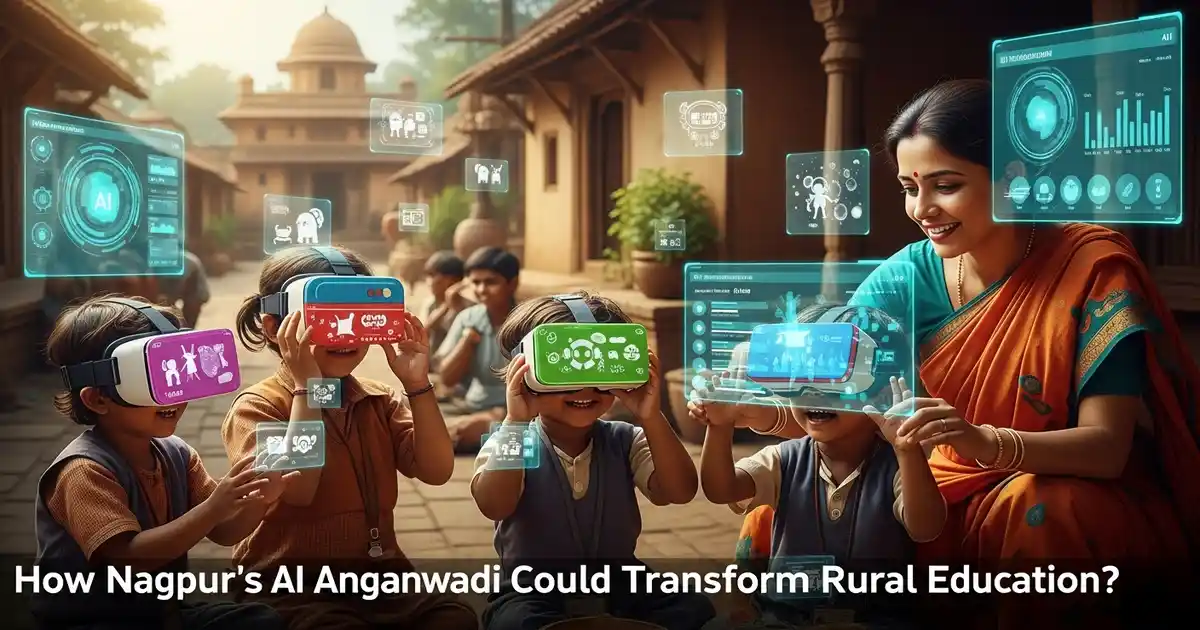
Nagpur’s Hidden Village Puts India on the Map with AI‑Powered Anganwadi
